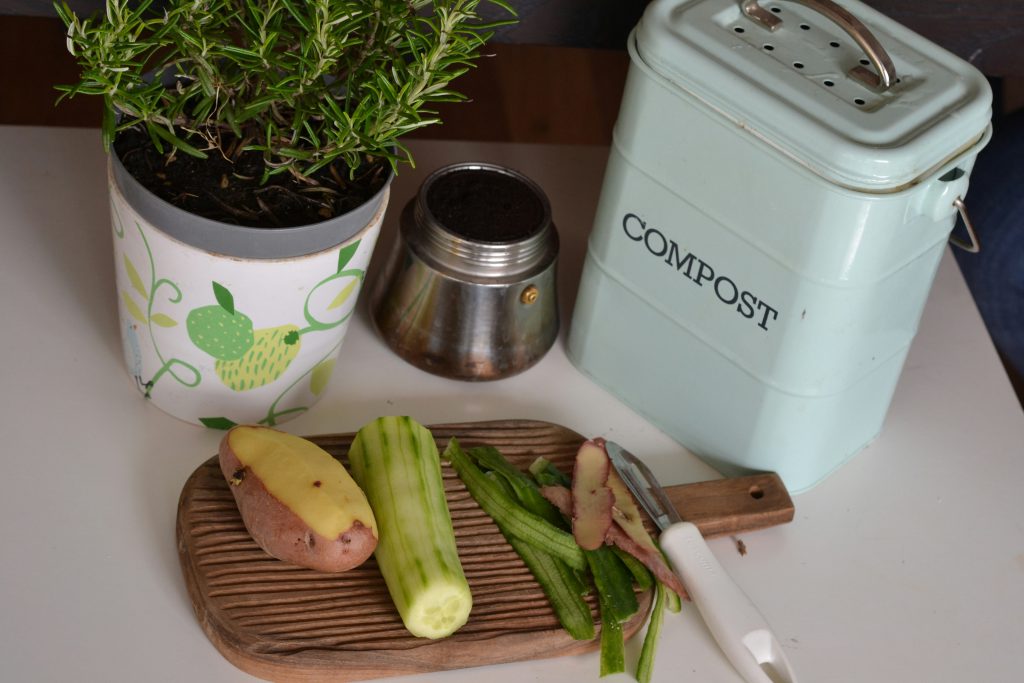The hospitality industry is continually impacting the environment, from resource consumption to waste generation. The past years have seen a growing awareness and involvement for the sustainability of the industry, leading to the implementation of eco-friendly initiatives. These proposals benefit the environment and positively impact a hotel’s bottom line. As consumers become more environmentally conscious, they are seeking out hotels and resorts that prioritize sustainability in their operations.
Many hospitality businesses, including their respective tourism institutes are taking steps to reduce their carbon footprint and embrace sustainable practices. From energy and water conservation to waste management and responsible sourcing, this article will explore how these practices can contribute to a more environmentally responsible industry.
Eco-conscious Choices for Sustainable Hospitality

Implementing eco-conscious choices in hotels and culinary institutes should be a responsible and strategic decision. Guests increasingly value sustainable practices when choosing where to stay. Hotel restaurant management schools or HRM schools and tourism schools that prioritize teaching environmental stewardship can enhance their reputation with students, who can run sustainable properties after they graduate, which can attract a broader clientele.
There are various environmental initiatives that these establishments can adopt to reduce their impact, such as implementing energy-efficient lighting systems, utilizing renewable energy sources, installing water desalination systems, and implementing recycling programs. Embracing locally-sourced and organic food options can minimize the carbon footprint associated with food transportation and support local communities.
Reducing Waste Through Sustainable Practices

It is fundamental for hospitality industry practitioners to focus on reducing waste through viable practices. One effective approach is implementing comprehensive recycling programs throughout hotel facilities, including guest rooms, dining areas, and administrative areas. This can involve clearly labeled recycling bins for paper, plastic, glass, and metal, as well as proper disposal systems for hazardous materials.
Such practices are taught by the housekeeping trainers of Astoria Culinary and Hospitality Institute (Astoria-ACHI), a hospitality institute located at Astoria Plaza, a hotel in Ortigas. Incorporating reusable and refillable amenities in guest rooms, such as toiletries and glass water pitchers, can significantly reduce single-use plastic waste. These practices and more are already being implemented by Astoria Palawan, a Puerto Princesa resort.
Eco-friendly Amenities for Responsible Hospitality

Aside from waste reduction measures, integrating eco-friendly amenities into hospitality establishments is a crucial step towards responsible and sustainable practices. One such amenity is the use of energy-efficient lighting throughout Astoria Plaza, including LED bulbs to conserve energy when rooms are unoccupied. Installing low-flow showerheads, faucets, and toilets can significantly reduce water consumption without compromising guest comfort.
Sustainable Sourcing for Ethical Hospitality

To further enhance sustainable practices in the hospitality industry, it is crucial for establishments to prioritize sustainable sourcing for their products and services. This includes partnering with local suppliers and farmers who adhere to ethical and environmentally conscious practices.
Astoria Palawan, a hotel in Palawan, has been religiously implementing fair trade with neighboring farmers and fishermen to make full use of their produce and further strengthen communal ties in the Puerto Princesa community. Embracing sustainable sourcing practices allows hospitality establishments to demonstrate their commitment to providing exceptional services, protecting the environment and promoting ethical business practices.
Implementing sustainable practices in the hospitality industry is not only beneficial for the environment, but also for the business itself. Through green initiatives and eco-friendly practices taught by tourism institutes like Astoria Culinary and Hospitality Institutes (Astoria-ACHI), hospitality establishments can reduce their carbon footprint, save money on energy and waste management, and attract environmentally conscious guests.
As the demand for sustainable travel continues to grow, it is vital for the industry to prioritize sustainability to stay competitive and contribute to a more environmentally responsible future.
Culinary and hospitality schools in Pasig like Astoria Culinary and Hospitality Institute (Astoria-ACHI) have the most competent trainers teaching sustainability practices and OJT training in everyday hotel operations. Hundreds of Astoria-ACHI’s trainees have already advanced to becoming professionals in their chosen fields, thanks to the technology-backed training this tourism institute offers.
To know more about Astoria-ACHI’s programs, you may contact the following:
E-mail: training@astoriaplaza.com
Landline: (02) 8788-1487
Mobile: (+63) 920-958-2032, (+63) 919-911-3957, (+63) 908-872-7925
You may also visit this culinary institute at 15 J. Escriva Drive, Astoria Plaza, Ortigas Business District, Pasig City, 1600

